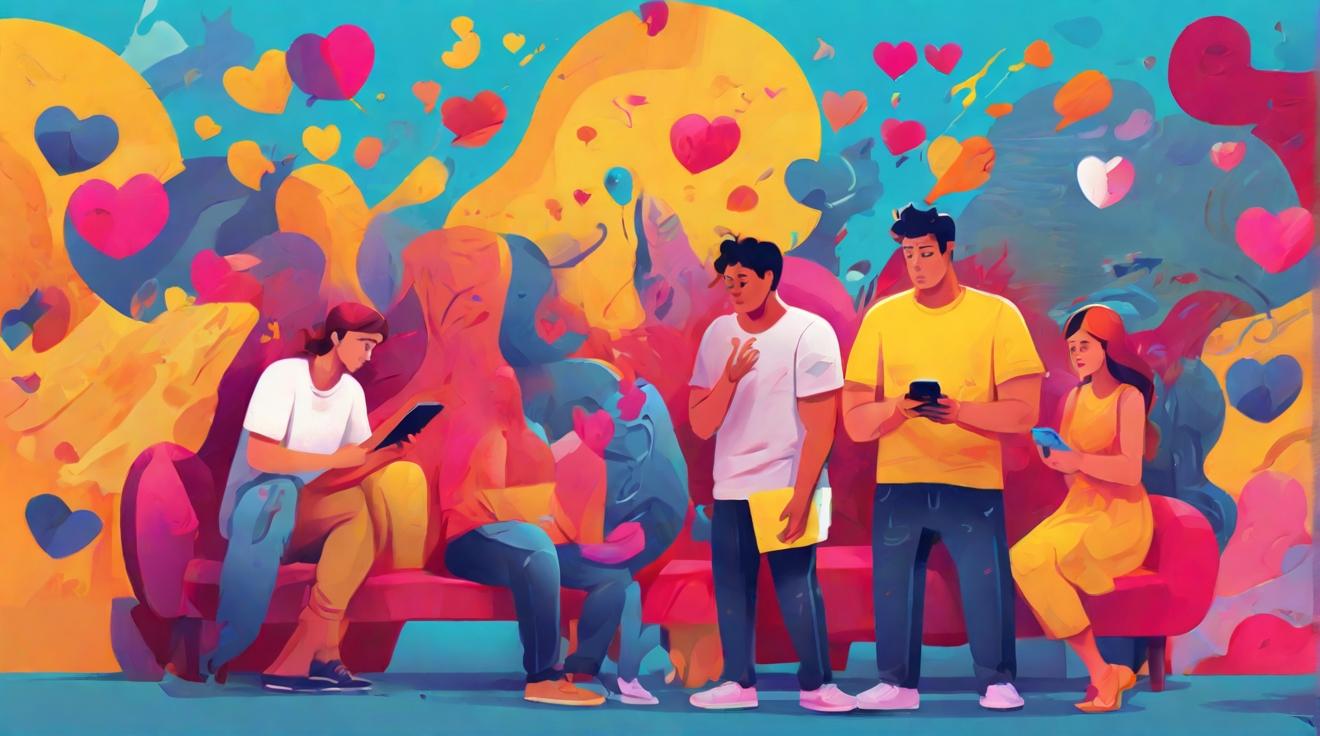Study Finds Users of Mobile Dating Apps Are Less Satisfied with Relationship Status
Mobile dating apps have become a popular avenue for meeting potential partners, with millions of active users worldwide. However, a recent study conducted by researchers from Radboud University reveals that individuals who utilize these apps may actually be less satisfied with their relationship status compared to non-users.
The study, led by communication scientist Aart van Stekelenburg, aimed to explore the relationship between mobile dating app usage and relationship satisfaction. The researchers surveyed over 1,000 American and British individuals aged 18 to 34, with half of the participants being users of dating apps and the other half having never used one. Both singles and individuals in relationships were included in the study, and all participants indicated their level of satisfaction with their relationship status.
The findings, published in the journal Mobile Media & Communication, showed that users of mobile dating apps reported lower levels of satisfaction with their relationship status. However, the study’s authors also acknowledge the challenge of distinguishing the impact of app usage from a person’s actual relationship status.
Van Stekelenburg suggests that mobile dating apps may contribute to lower relationship satisfaction by placing constant pressure on users to find a partner. “With these apps always available and a seemingly endless pool of potential partners, individuals may feel more compelled to find someone, ultimately leading to dissatisfaction with their relationship status,” he explains.
Interestingly, the study found that women users exhibited significantly lower levels of satisfaction with their love life compared to non-users. Van Stekelenburg suggests that this discrepancy could be attributed to the fact that women are more likely to seek committed relationships, while men may use dating apps for casual encounters.
The researchers emphasize the need for further investigation into the impact of mobile dating apps on individuals’ well-being. “We currently have limited understanding of these apps and their potential benefits and risks,” says Van Stekelenburg. “This study indicates that users are generally less satisfied with their relationship status, which raises questions about the overall impact of these apps on individuals’ happiness.”
Van Stekelenburg also highlights the importance of identifying which individuals benefit from dating apps and which do not. This knowledge could help dating platforms better cater to the needs of specific groups, ultimately enhancing their overall user experience.
In conclusion, while mobile dating apps have become a popular means of meeting potential partners, this study suggests that users may in fact be less satisfied with their relationship status. Researchers hope that further investigation will shed light on the potential risks and benefits associated with these apps, ultimately leading to more effective and fulfilling dating experiences for all individuals.
Analyst comment
This news can be evaluated as negative, as it suggests that people who use mobile dating apps are generally less satisfied with their relationship status. As an analyst, this may lead to a decrease in user engagement and potential negative impact on the market. Dating platforms should conduct further research to understand user needs and target specific groups accordingly.













